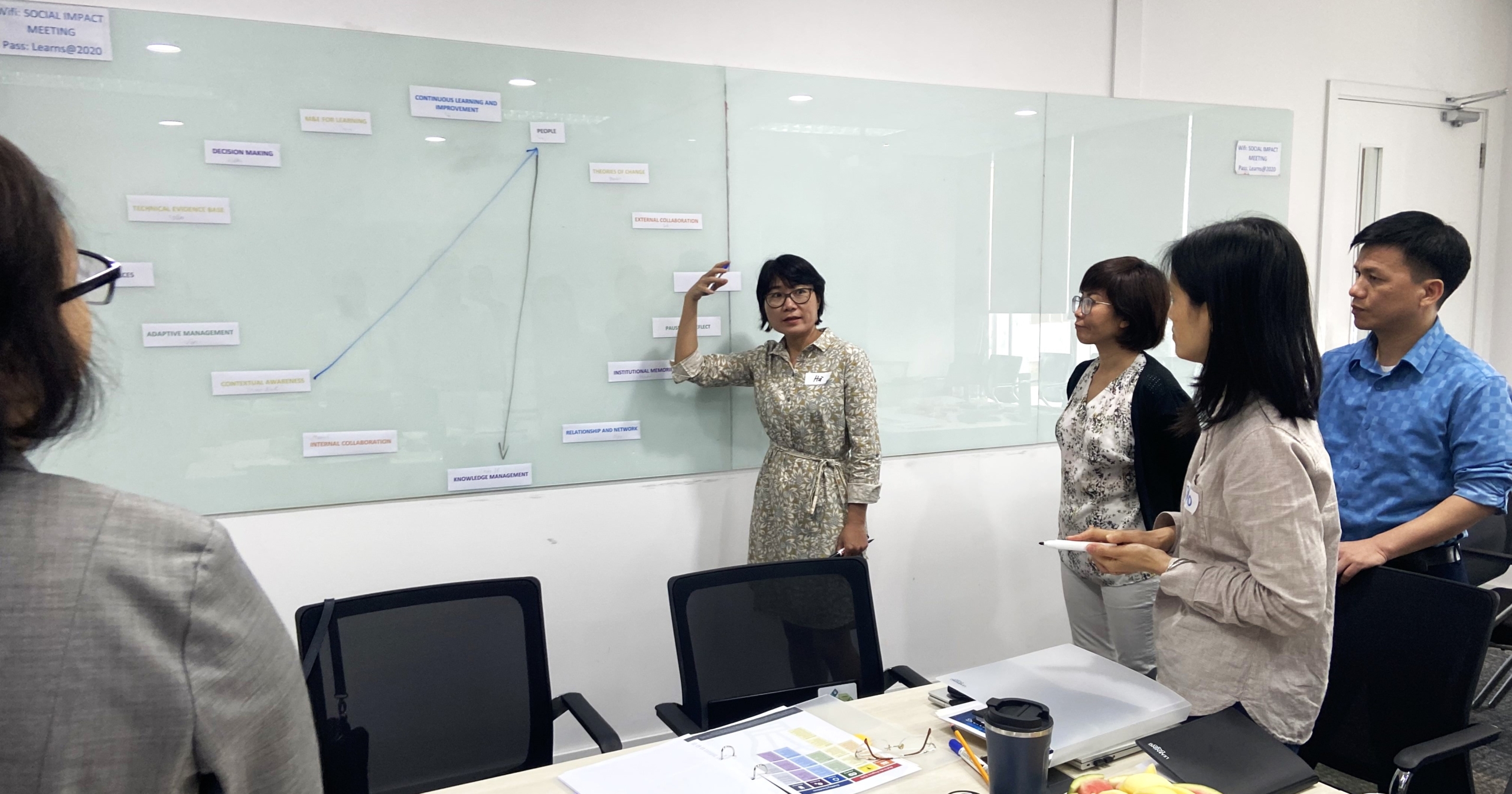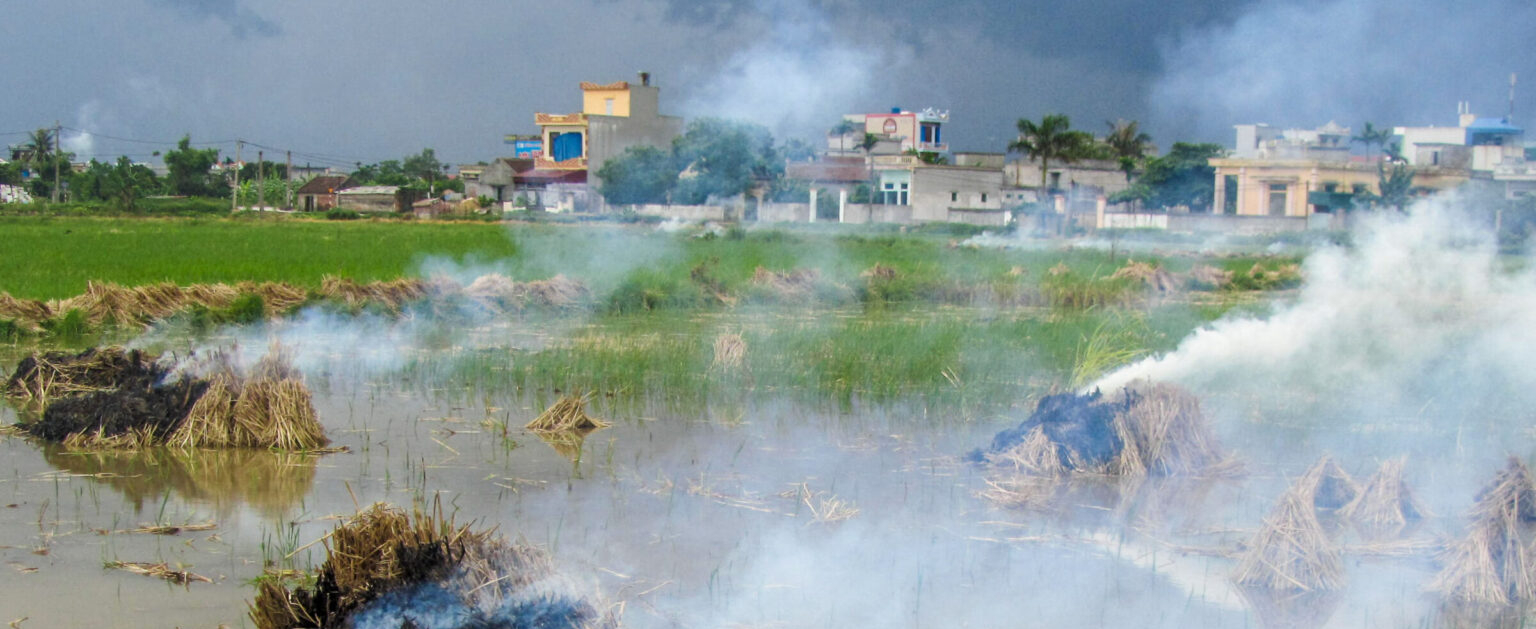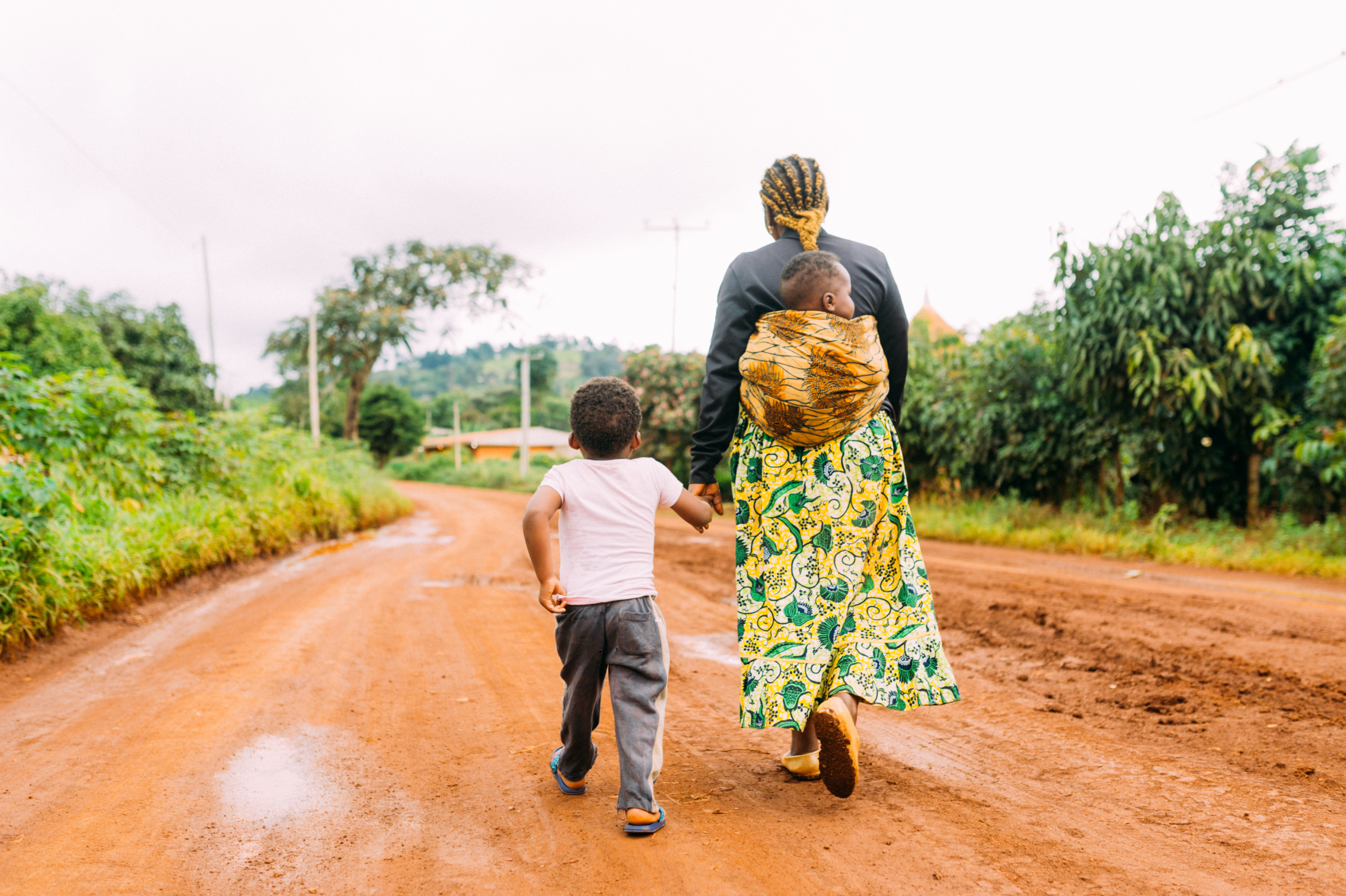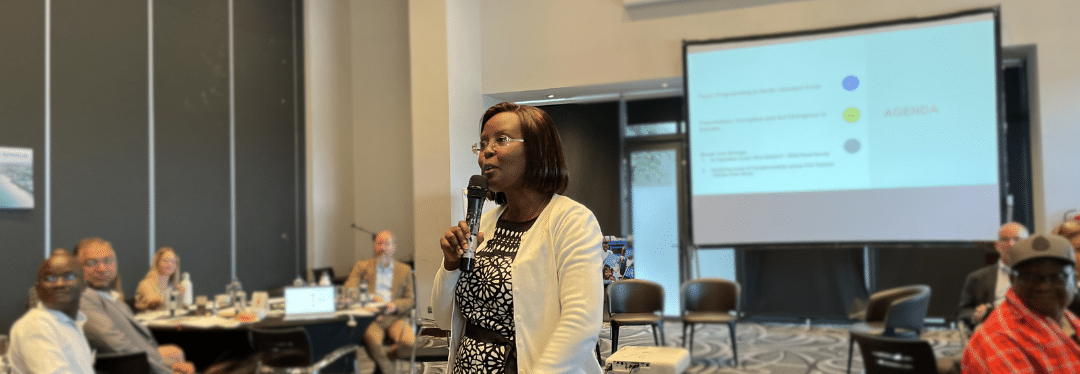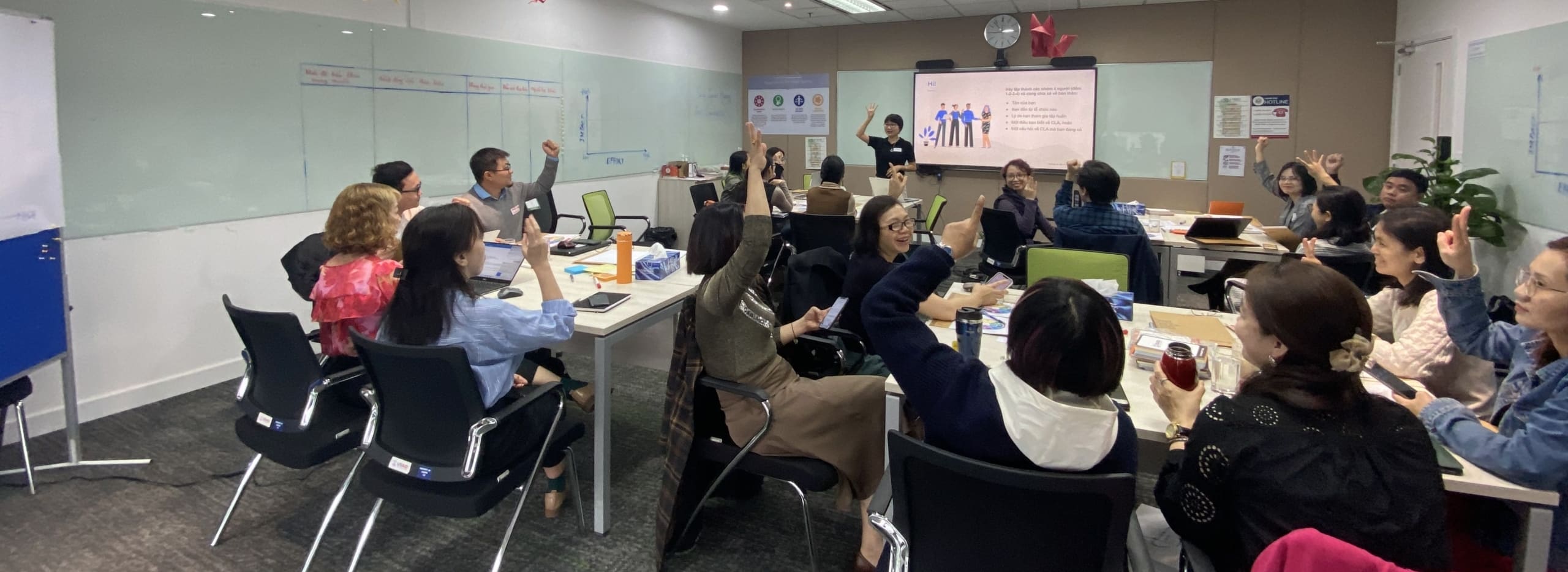Firearm violence has increased in the United States over recent decades and particularly since the Covid-19 pandemic. Responding with effective community-based programming is hindered by challenges for gathering evidence about what violence prevention strategies work and which do not.
Traditional formative and summative evaluation have limitations because gun violence prevention programs vary significantly and can have unintended results outside their manageable interests. Further, communities can react negatively to their neighborhoods becoming laboratories for researchers, and controlling variables to isolate the impact of prevention programs in such societal settings is nearly impossible.
Social Impact is helping the City of Portland overcome these challenges by designing an innovative developmental evaluation (DE) to support a reduction of firearm violence and create a foundation for longer-term violence prevention for the city.
DE is a flexible alternative to traditional evaluation where one or more evaluators are embedded in a program to make rapid course corrections and support learning and adaptive management through real-time feedback. It delivers evaluative thinking in complex situations by engaging users and stakeholders in a collaborative process of gathering findings, making recommendations, and ensuring these are used in decision making.
Social Impact is working closely with its partner the Oregon Health & Science University (OHSU) – Portland State University (PSU) School of Public Health to design this DE.
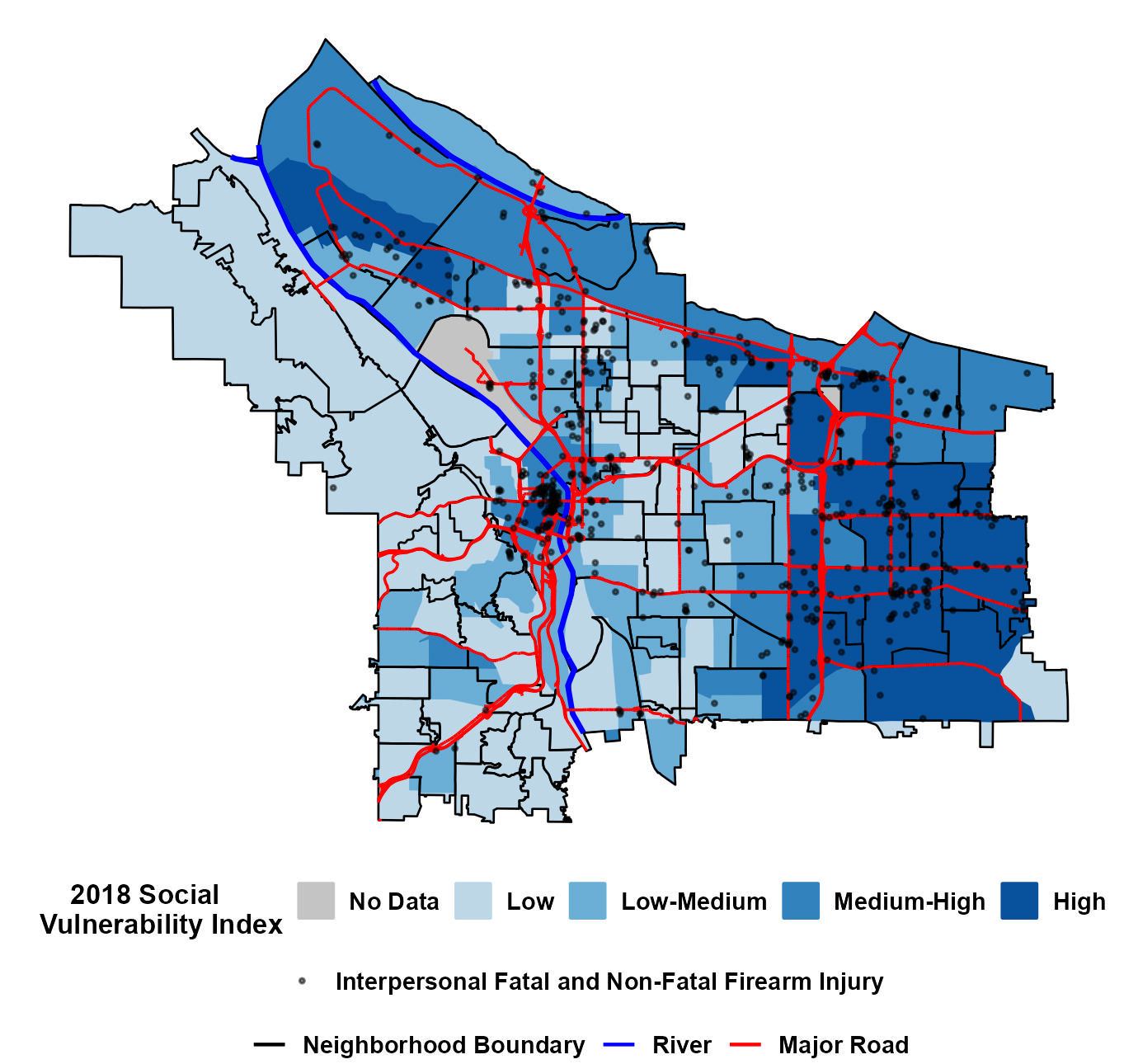 Figure: Portland 2018 Social Vulnerability Index Overlaid with Fatal and Non-Fatal Firearm Injuries (Source: OHSU-PSU School of Public Health)
Figure: Portland 2018 Social Vulnerability Index Overlaid with Fatal and Non-Fatal Firearm Injuries (Source: OHSU-PSU School of Public Health)
Per OHSU’s 2018 Social Vulnerability Index (see map above), neighborhoods in Portland with greater social and economic disadvantages experience higher interpersonal firearm injury and death. In fact, 70% of firearm injuries during 2018-2021 occurred in census tracts with medium-high or high social vulnerability. These socially vulnerable areas house higher proportions of African American and other Portlanders of color than other regions due to a history of exclusionary zoning, redlining, and urban renewal.
In response, the Social Impact and OHSU team are designing this DE to apply a public health injury and violence prevention framework guided by anti-racism, community engagement, and collaborative principles. This design process has involved co-creating research priorities with stakeholder groups, including Portland’s Black Community Elders group, and consulting with other key users and community groups to give them a say in how the DE will be used to the benefit of all Portlanders.
______
Authors:
Chris Thompson leads the technical implementation and oversight of monitoring, evaluation, and learning (MEL) contracts for Social Impact around the world. His over 15 years of experience includes long-term, field-based senior management and technical positions in Indonesia, Liberia, the West Bank, and Afghanistan where he put into practice pioneering evaluation approaches and award-winning collaboration, learning, and adapting (CLA) techniques.
Dominick Margiotta is a Program Associate at Social Impact. He supports a multitude of developmental evaluations by co-authoring and delivering many thought leadership and knowledge products, including a guide to conducting DEs remotely
Email info@socialimpact.com to learn more about SI’s gun violence prevention measures through developmental evaluation.


